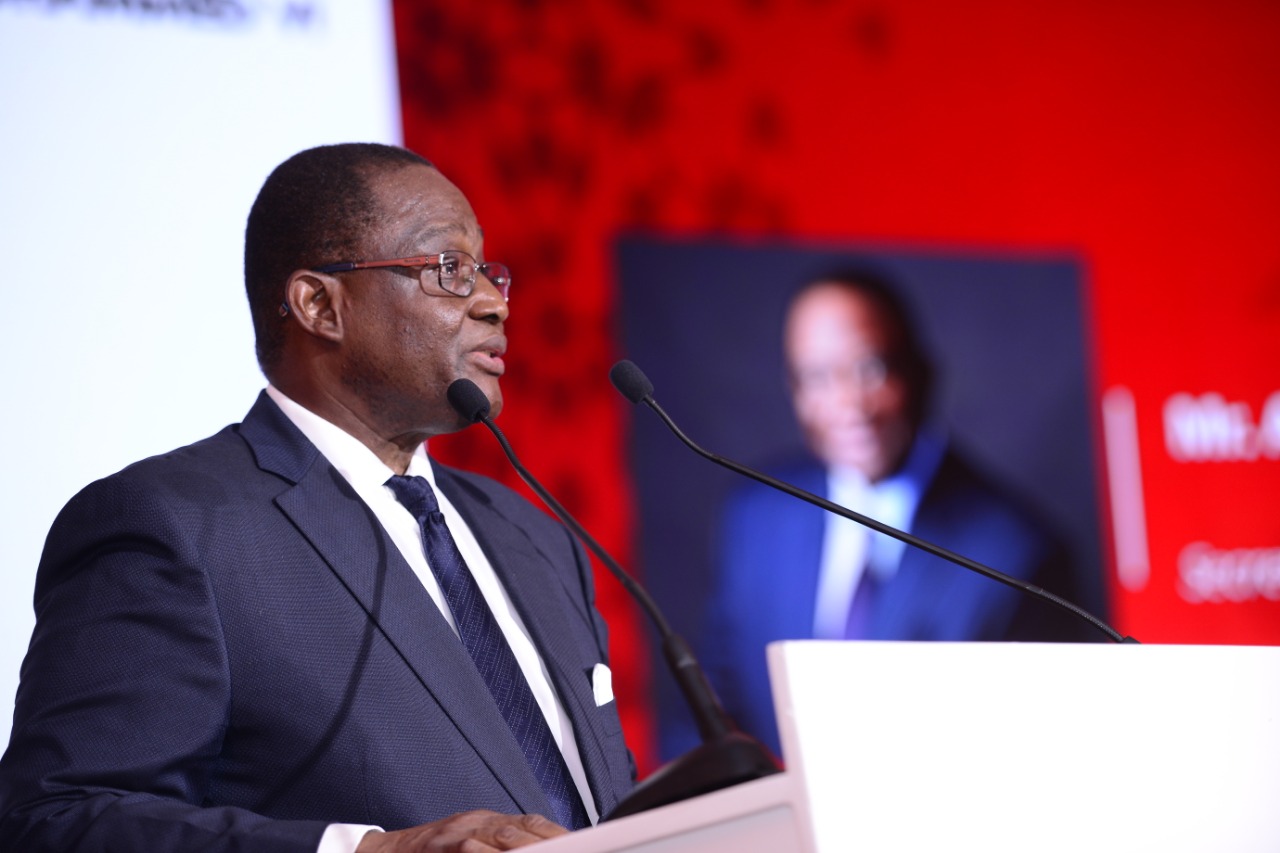
The African Airlines Association (AFRAA) 50th Annual General Assembly (AGM) in Rabat Morocco hailed as significant the progress realized in safety with zero fatal accidents and hull losses for two consecutive years.
In his state of the industry remarks, AFRAA Secretary General Abdulrahmane Berthe attributed the achievement to joint efforts by various stakeholders but cautioned against complacency, calling for re-enhancement of the efforts to realize a much stronger African aviation industry in line with the AGM theme “Strengthening African aviation in a liberalized environment”